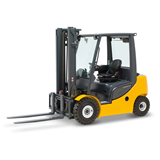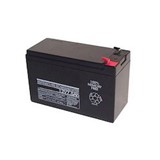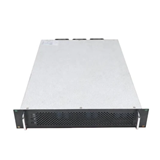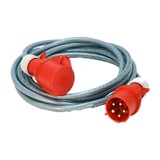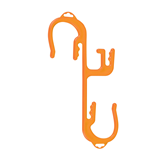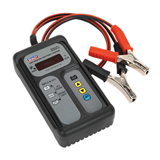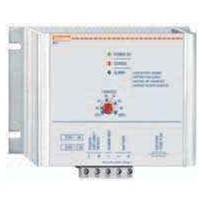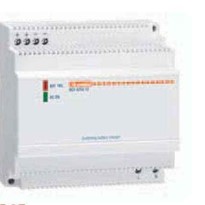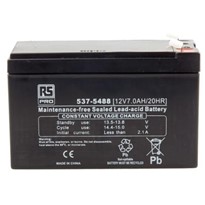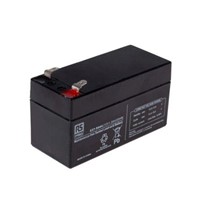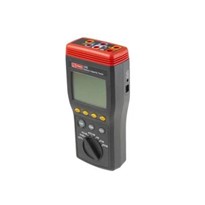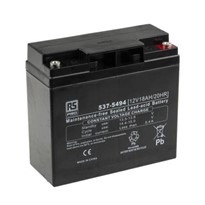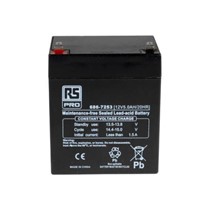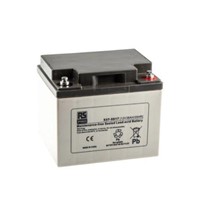Forklift batteries are essential for businesses that use forklifts. They provide power to the lift’s motors and allow it to run as intended when needed. Today, there is a wide range of them on the market, but which is the better option: lead acid or lithium-ion?
Lithium-ion batteries are a newer technology which will become more popular leading into the future. Lithium-ion batteries have a number of benefits including faster charge time and increased production line efficiency in comparison to lead acid batteries. However, before you make the switch, it’s important to understand the differences between these two types of forklift batteries.
What Is a Lithium-Ion Forklift Battery?
A lithium-ion forklift battery is a type of electrochemical battery that uses lithium ions to power an electric motor. The main difference between a lithium-ion forklift battery and a lead acid forklift battery is that the lithium-ion forklift battery has a higher energy density and a longer life cycle – meaning they don’t need to be replaced as often.
What Is a Lead Acid Forklift Battery?
A lead acid forklift battery is a type of battery that uses lead and lead oxide as the primary reactants. Lead acid batteries are often used in forklifts, cars, and other small appliances because they are very reliable and have a long life. The main difference between a lead acid forklift battery and a lithium-ion forklift battery is that a lithium-ion forklift battery uses lithium ions instead of lead ions to power the device.
Lithium Ion vs Lead Acid Battery
The two most common types of forklift batteries are lead acid and lithium-ion. Here are the main differences between these two types of forklift batteries:
- Lead acid batteries require maintenance, including fluid top ups and cleaning. They also require flushing and checking for corrosion. Lithium-ion batteries are low maintenance and tend to have a longer life than lead-acid batteries if stored correctly.
- Lead acid batteries are heavier than lithium ion batteries. A lead acid battery pack can weigh up to four times heavier than a lithium-ion battery.
- Lead acid batteries require a more powerful charger than lithium-ion batteries. A lead acid battery charger can typically deliver up to 20 amps of current, compared to the 2 amps that is typical for a lithium ion battery charger.
- Lead acid batteries require liquid propane or butane fuel to be recharged, while lithium ion batteries can be recharged with any standard micro-USB cable.
The Benefits Of Lithium-Ion Forklift Batteries
Lithium-ion forklift batteries are the most popular type of battery on the market today. They offer many benefits that make them a great choice when considering purchasing or renting a forklift. Here are some of the key benefits:
Faster Charge
Lithium-ion batteries accept a faster rate of current, meaning they charge faster then lead-acid batteries. They also do not require a full charge to function at full capacity, which can provide your fleet with more efficiency.
Longer Battery Life
Lithium-ion forklift batteries typically last longer than lead acid forklift batteries. This is likely because they don’t suffer from the same types of battery degradation that lead acid batteries do. With traditional lead-acid batteries, forklift operators would often have to stop and replace the forklift battery entirely with a fully charged one. Whereas lithium-ion batteries can be charged enough to generate enough battery power to finish the rest of a shift.
Li-ion batteries also have a longer battery life and charge cycle, often lasting up to two times longer than lead acid batteries.
Lower Maintenance Costs
Lithium ion forklift batteries require less maintenance than lead-acid forklift batteries. This means that you’ll save money in the long run by not having to spend on repairs or replacements.
More Environmentally-Friendly
Lithium-ion forklift batteries are more environmentally friendly than lead acid battery packs because they produce minimal emissions when in use.
How To Choose The Best Lithium-Ion Forklift Battery
Choosing the best battery for your forklift can be a daunting task. There are a lot of different types and brands available, and it can be hard to decide which is the best option for your specific needs.
Lithium-ion batteries are becoming increasingly popular among forklift owners because they offer many benefits over traditional lead acid batteries. They are lighter and more compact, which makes them easier to install and transport. They also have a longer lifespan than lead acid batteries, which means that you will not have to replace them as often. However, lithium-ion batteries do have some drawbacks that should be taken into account when choosing them. They are more expensive upfront than lead acid batteries, and they require special care and storage to prevent them from exploding.
If you are looking for a reliable lithium-ion battery forklift, our Heli 2.5 electric lithium-ion battery forklift is a reliable and efficient option for your business.
Jialift’s Range of Lithium-Ion Forklifts
Jialift is proud to offer the world’s most affordable electric lithium-ion battery for forklifts. The Heli 2.5 electric lithium-ion battery forklift offers increased operational life and safety, as well as great environmental features that make it an increasingly popular choice over its traditional lead acid counterparts.
Contact Jialift To Purchase A Lithium-Ion Battery Forklift Today
To learn more about our range of electric forklifts or lead-acid forklifts including the Heli 2.5T forklift contact Jialift today. Our team will be to find the best price electric or a lead-acid forklift for you and your needs.




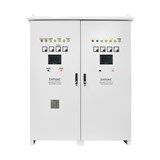
-160x160-state_article-rel-cat.png)
